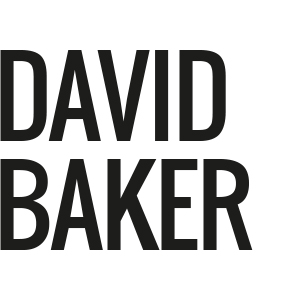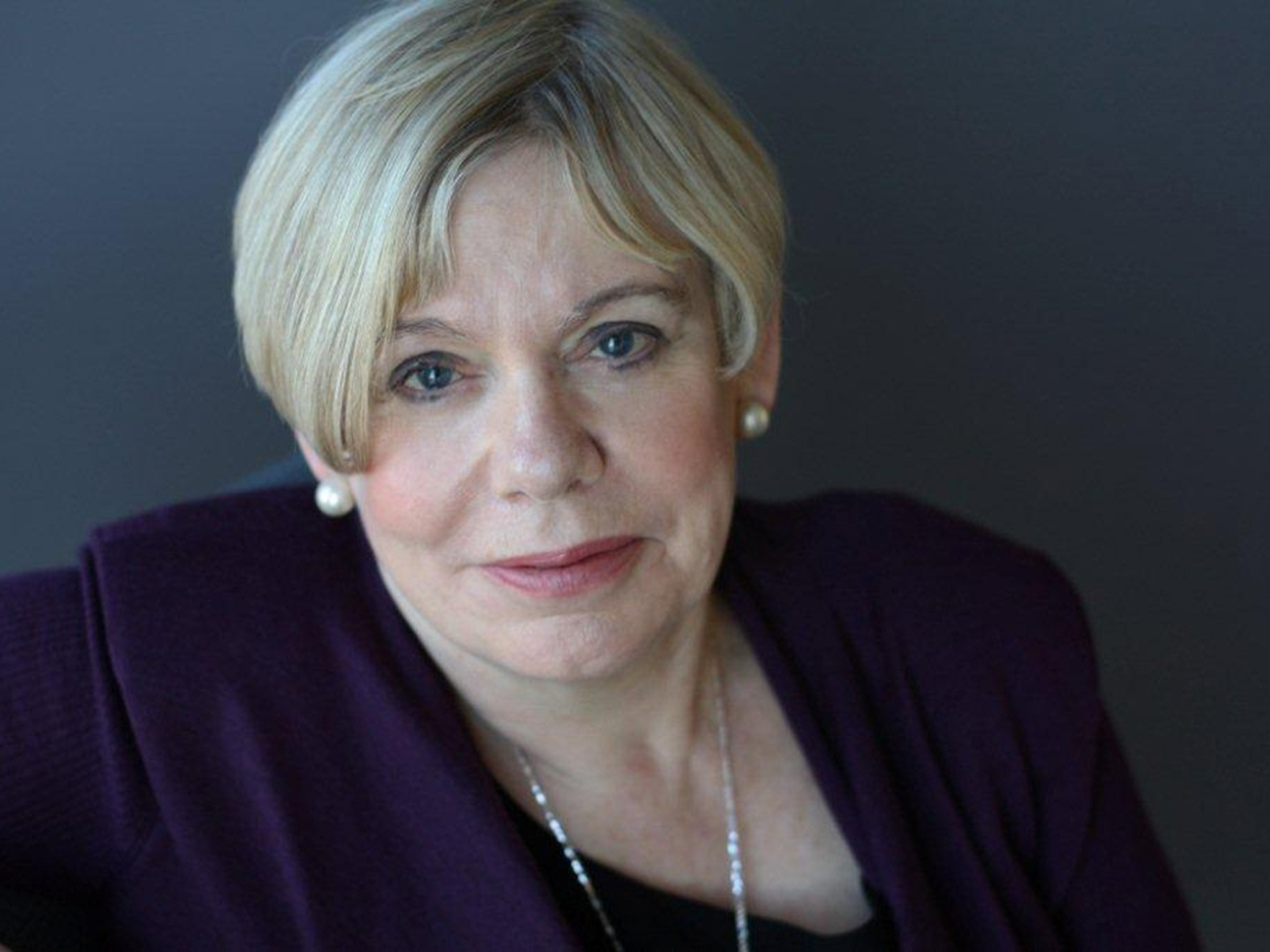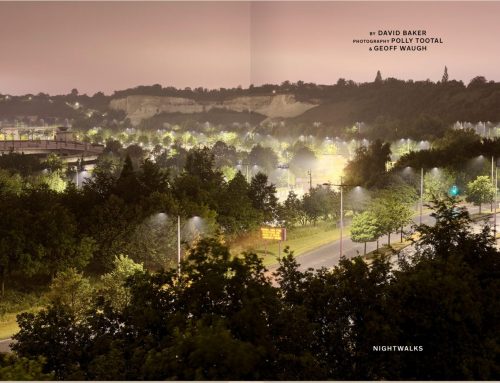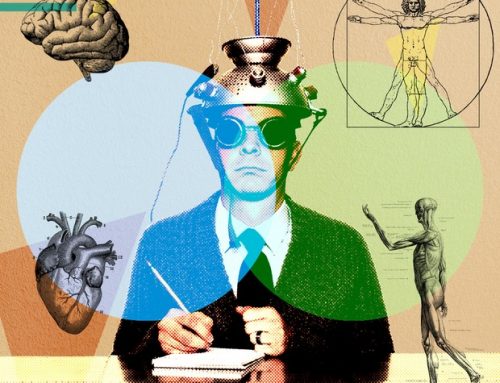Despite a dispiriting experience as a nun, Karen Armstrong is happy to think deeply about God
Financial Times, 7 October 2006
Karen Armstrong is on a quest. Not that Britain’s most popular writer about religion and spirituality wants everyone to find God. But she is worried that our western, secular world is in danger of throwing the religious baby out with the bath water.
“From my studies of the world faiths,” she says, “I can see that they all have their own particular genius and each has its own flaws. We are in danger of losing sight of that.”
At 62, Armstrong is now much in demand as a commentator on religious affairs, both in the UK and in the US, where she has a considerable following. “They are so badly served by their media over there that they have a hunger for information.” But getting to this point, both spiritually and professionally, has been a rocky journey for her. “My early life,” she says, “proceeded every six years with catastrophe.”
A “pious little girl”, in 1955 she entered the Convent of the Holy Child Jesus at Edgbaston in the Midlands, aged 17, only to leave six years later hurt and disappointed.
“It was a bad time to be a nun,” she says, “and I was injured by the experience. For a long time I wanted nothing to do with religion.”
A promising academic career ended when a hostile examiner at Oxford failed her PhD. She became a teacher but her epilepsy meant she missed too many classes and she was asked to leave. A career in television beckoned, nurtured by the fledgling Channel 4 network and its commissioning editor for religious programmes John Ranelagh – “a man who hated religion”, she says. “It was very Channel 4.” But this ended in 1988 when a television company she was working with was accused of financial irregularities.
“So I went to the library and started researching a book, A History of God. Clever Karen went on the back burner,” she says, “and, without the audience to show off to and working in silence, I started to have a different relationship with the texts. I began to see, as a Jewish colleague had told me six years before, that theology is poetry. It is an attempt to express the inexpressible. Really beautiful poetry, like a beautiful piece of music, leaves you in silence, in awe and wonderment. It touches something within you and lifts you momentarily beyond yourself. And good theological writing is like that. The monks in the Middle Ages used to practise what they called ‘divine study’, in the course of which you had a moment, milliseconds they said, of prayer. And that’s now my spirituality.”
In the light of the Ayatollah Khomeini’s fatwa against Salman Rushdie in 1989, she diverted her attentions from A History of God to produce Muhammad: A Prophet For Our Time. A Western attempt to understand Islam, it was an immediate success and set her on a journey she has been travelling ever since: sailing the seas of the world’s great religions and bringing their treasures back to the western world.
A History of God eventually appeared in 1993 and marked her out as an intellectually rigorous but accessible writer – a fence she straddles happily but, she says, often earns her the criticism of more “academic” colleagues. It was followed by works on women and the priesthood and the book of Genesis, plus three big works that established her as a theologian of note: One City, Three Faiths, a history of Jerusalem; The Battle for God, an analysis of religious fundamentalism; and last year’s The Great Transformation, which builds on her more recent explorations of Buddhism, Confucianism and Daoism. She returned to Islam in the aftermath of 9/11 with Islam: A Short History and has just published a new biography of Muhammad for the general reader.
Despite this prodigious output – since 1981 she has written almost a book a year – she never really wanted to be a writer. “Writing is terribly hard,” she says. “These things declare themselves to you slowly.” But it has given her a personal sense of fulfilment.
“I live alone. I have never married. I spend my whole life thinking and talking about God and spirituality. That’s rather nun-like in a way. Of course I do un-nun-like things too, like drinking a glass of wine, going to the theatre and having friends. But I think the kind of life I have now is the kind of thing I was looking for when I went into the convent.”
Despite writing a scathing memoir, Through The Narrow Gate, about her time as a nun, Armstrong is not entirely negative about the experience. “I wouldn’t have missed it,” she says. “It started me off on a kind of quest.” Indeed she ascribes to those early setbacks a fortitude that she still draws on now.
“I began to realise that it was no good relying on external help,” she says. “The realisation came to me that I had to manufacture my own happiness for myself. There was no prince or fairy godmother going to arrive. I had to put my happiness together with as much skill and determination as an aeronautics expert puts together the components of an aeroplane.”
But as a religious woman, wasn’t God there to help?
“By that time God had gone. But, even as a nun, I had never experienced God as helpful. God to me was a kind of peevish old man, endlessly peering over my shoulder noting down all my sins. And he could see into my heart and I wasn’t too keen on that idea.
“Still nowadays I wouldn’t say I was a believer. I think belief is a highly overrated religious activity. One of the epiphanies I have had in my life was to discover that Jews don’t have to believe in anything. This was a completely new idea.”
Yet if God has been demoted from prime position, Armstrong has replaced Him with something equally significant.
“Now,” she says, “I see religion as simply the ‘golden rule’ – treat others as you would have them treat you.”
The golden rule has a long history, stretching far back before Jesus’s Sermon on the Mount, and a version of it can be found in virtually all world religions. Yet, if you push God aside, doesn’t a belief in the golden rule mean there is no difference between religion and ethics?
“No, there isn’t. If you are really living the golden rule, I think you are a religious person. I think that certain people who have no beliefs can be, as it were, devout. But the golden rule is very difficult. If we did this seriously, as Confucius said, all day and every day, and if we were tempted to say something unpleasant about an annoying colleague or a sibling or a country with whom we are at war and then asked, ‘How would I like this said about me?’ and refrained – at that moment I think you get transcendence, you go beyond the self. And I fail at that 90 per cent of the time. But instead of getting in a state about it you have to start again.
“All these systems say you must cultivate belief but you cultivate it by what you do. The rituals of Judaism for example – if you observe the commandments it can help build up a certain attitude in you. Not mixing meat and milk, for example, teaches you at some level that the world isn’t yours to do with as you choose. The first thing Muhammad got the Muslims to do was to prostrate themselves and that was a ritual designed to teach the Arabs, who hated kings and were highly chauvinist, macho types who didn’t want to grovel on the ground like a slave, to give up this prancing, posturing ego. The posture of your body teaches you at a level deeper than the rational.”
A level that takes us away from reality?
“Transcendence is part of human life. I often feel transcendence when I am with other people, the mystery of the other and the mystery of oneself. It is a sense of humanity, what the human being can be but we aren’t, that we are always reaching towards something.”
Do we need to know what it is we are reaching towards?
“No. I think you can give it certain names. You can give it ‘God’ or ‘Brahma’ or ‘Dao’ but ultimately it will go beyond that. And I don’t think it is important to nail it down too much, just go down the path.”
The reality of the world, of course, is that the “path” has led many people to violence. But Armstrong has little time for the secularist argument that religion is behind most wars.
“If you look at the Middle East, Afghanistan, India/Pakistan,” she says, “violence and warfare on a daily scale affects everything you do. It affects your fantasies, your dreams, your ambitions and it affects your religion. Your religion becomes sucked into the conflict and becomes part of the problem. So you have, say, in Israel/Palestine, on both sides, a religious revival that has seen religion at its worst. This kind of hardline religiosity has sprung up in every major world faith in the course of the 20th century. It comes from a sense of fear. It is rooted in a profound fear of annihilation and has begun by what is perceived as an assault by the secular world.
“A lot of this bad Islam we are seeing is highly political. These are guys going to Islam and saying, ‘Lead me to a jihad.’ If you look at those people on 9/11 they were going to bars, to casinos. No Islamic fundamentalist of my acquaintance would go anywhere near Las Vegas or drink alcohol before they get on a plane.”
Yet aren’t these “bad”religions signs of the death throes of religion itself?
“I see religion as an art form and it’s very hard to do art well – or cooking for example. You have to work at it and not everyone is going to do it well. And some people are going to louse it up. Or sex, which is supposed to be about creativity and kindness, gentleness and transcendence in a sense but can be used perversely and cruelly.
“There is a great deal of superiority, or secularist disdain, especially in this country, which is a form of fundamentalism itself. We need just to say, ‘No, no, that’s not what it’s all about. It’s not about forcing other people.’ The golden rule is what religion is about. What you believe is neither here nor there.”






